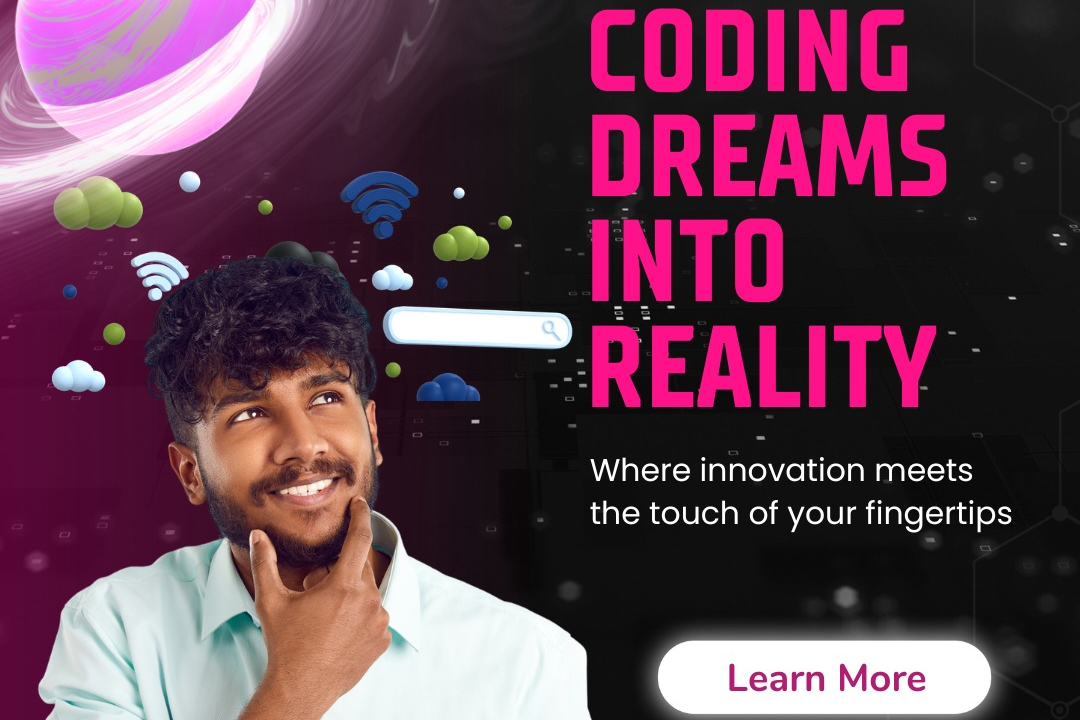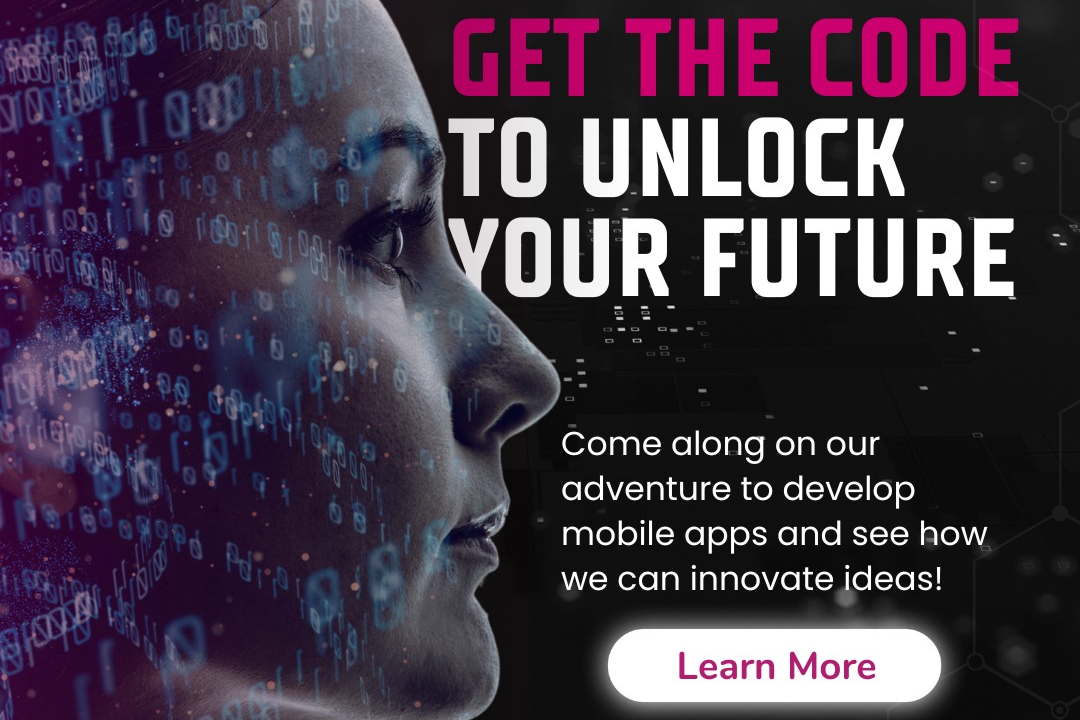React Native Interview Questions
React Native Interview Questions are a curated set of inquiries designed to assess a candidate's und
React Native Interview Questions
React Native Interview Questions are essential for both candidates and employers in the mobile development field. For candidates, preparing for these questions enhances their understanding of React Native, helping them articulate their experience and knowledge effectively during interviews. For employers, these questions serve as a valuable tool to evaluate a candidate's technical skills, problem-solving abilities, and familiarity with mobile app development best practices. By focusing on real-world scenarios and core concepts, these questions ensure that the selected candidates possess the necessary expertise to contribute effectively to project development using React Native. Ultimately, proficiency in responding to React Native Interview Questions can lead to successful hires and robust application development, making it a key aspect of the recruitment process in the tech industry.
To Download Our Brochure: Download
Message us for more information: Click Here
React Native Interview Questions are essential for both candidates and employers in the mobile development field. For candidates, preparing for these questions enhances their understanding of React Native, helping them articulate their experience and knowledge effectively during interviews. For employers, these questions serve as a valuable tool to evaluate a candidate's technical skills, problem solving abilities, and familiarity with mobile app development best practices. By focusing on real world scenarios and core concepts, these questions ensure that the selected candidates possess the necessary expertise to contribute effectively to project development using React Native. Ultimately, proficiency in responding to React Native Interview Questions can lead to successful hires and robust application development, making it a key aspect of the recruitment process in the tech industry.
Course Overview
The “React Native Interview Questions” course is meticulously designed to equip learners with the knowledge and skills necessary to excel in technical interviews for mobile app development using React Native. This program covers a comprehensive range of topics, including core concepts, advanced functionalities, best practices, and real-world scenarios that candidates are likely to encounter in interviews. Participants will engage with frequently asked questions, hands-on coding challenges, and practical projects to enhance their problem-solving skills and deepen their understanding of React Native. By the end of the course, learners will have the confidence to articulate their expertise and make a strong impression in interview settings, ultimately boosting their chances of landing desired positions in the competitive tech landscape.
Course Description
The “React Native Interview Questions” course is expertly crafted to prepare participants for technical interviews focused on mobile app development using React Native. It covers essential concepts, common interview questions, and real-world challenges to help learners build a solid foundation in React Native. Through hands-on coding exercises, practical projects, and expert insights into best practices, this course equips candidates with the knowledge and confidence they need to articulate their skills effectively. By the end of the program, learners will be well-prepared to tackle interview scenarios, enhancing their employability in the competitive tech job market.
Key Features
1 - Comprehensive Tool Coverage: Provides hands-on training with a range of industry-standard testing tools, including Selenium, JIRA, LoadRunner, and TestRail.
2) Practical Exercises: Features real-world exercises and case studies to apply tools in various testing scenarios.
3) Interactive Learning: Includes interactive sessions with industry experts for personalized feedback and guidance.
4) Detailed Tutorials: Offers extensive tutorials and documentation on tool functionalities and best practices.
5) Advanced Techniques: Covers both fundamental and advanced techniques for using testing tools effectively.
6) Data Visualization: Integrates tools for visualizing test metrics and results, enhancing data interpretation and decision-making.
7) Tool Integration: Teaches how to integrate testing tools into the software development lifecycle for streamlined workflows.
8) Project-Based Learning: Focuses on project-based learning to build practical skills and create a portfolio of completed tasks.
9) Career Support: Provides resources and support for applying learned skills to real-world job scenarios, including resume building and interview preparation.
10) Up-to-Date Content: Ensures that course materials reflect the latest industry standards and tool updates.
Benefits of taking our course
Functional Tools
1 - Visual Studio Code
Visual Studio Code is a highly popular code editor widely used in the React Native development community. It provides essential features such as syntax highlighting, IntelliSense, and debugging capabilities, making it easier for students to write clean and efficient code. The adjustable interface and extensive marketplace of extensions allow learners to customize their environment according to their workflow needs. Additionally, built in Git support facilitates version control, enabling participants to manage their projects effectively.
2) Expo
Expo is a powerful framework and platform for universal React applications. It simplifies the development process by providing a set of tools, libraries, and services that help speed up the build and deployment of React Native applications. Students will use Expo to create real time projects as it allows them to preview apps instantly on their devices, eliminating the hassle of complex build configurations. Its comprehensive documentation and community support enhance the learning experience, ensuring learners can easily troubleshoot any issues they encounter.
3) React Navigation
React Navigation is an essential library for managing navigation in React Native apps. Students will learn how to implement different types of navigators, including stack, tab, and drawer navigators. The library provides developers with tools to create smooth and customizable navigational experiences in their applications. By mastering React Navigation, students can ensure that their apps are user friendly and intuitive, a critical factor in successful mobile app development.
4) Redux
Redux is a predictable state management library that helps maintain application state across components in React Native. Students will explore how Redux breaks down complex applications into manageable pieces, offering a centralized store for state management. By mastering Redux, learners can ensure that their apps are scalable and maintainable, which is vital when dealing with large datasets or sophisticated user interactions. Its integration with React Native equips students with the knowledge to build robust applications that handle dynamic data efficiently.
5) Postman
Postman is a powerful API development and testing tool that students will utilize to make HTTP requests to external servers. Understanding how to interact with APIs is crucial for front end developers, especially in mobile app development, where apps often need to communicate with back end services. Participants will learn to send requests, analyze responses, and troubleshoot issues using Postman, ensuring that their applications can effectively fetch and manipulate data in real time.
6) Git and GitHub
Git is a version control system that allows developers to track changes in code over time, while GitHub serves as a platform for hosting and collaborating on projects. Students will learn to use Git commands to manage their code repositories, enabling them to maintain a history of their code changes and collaborate effectively with others. Proficiency in Git and GitHub is essential for modern software development, as it ensures a smooth workflow and fosters collaboration within development teams.
By providing hands on experience with these essential tools, the React Native Interview Questions training program ensures that participants are well equipped with the practical skills necessary to excel in their future technological careers. Each tool serves to reinforce the concepts taught in the course and prepares students to face real world challenges in React Native development.
7) React Native Debugger
React Native Debugger is a standalone debugging tool that provides students with essential insight into their applications’ performance and functionality. It integrates with Redux, making it easier for learners to monitor state changes and debug their applications. This tool enhances students' ability to identify and resolve issues quickly, leading to more stable and efficient apps. By mastering this debugger, participants can ensure high quality code and improved user experiences.
8) Firebase
Firebase is a versatile platform that provides various backend services such as real time databases, authentication, and cloud storage. Students will learn how to integrate Firebase into their React Native projects, allowing them to build robust applications with seamless user authentication and data management. This knowledge is crucial for developing real time applications and helps students understand the importance of backend services in mobile app development.
9) Axios
Axios is a promise based HTTP client for making requests to APIs. Students will use Axios to handle asynchronous requests and manage responses in their applications. Understanding Axios allows participants to effectively fetch data from external sources, enabling them to create dynamic applications that respond to user interactions. This skill is particularly important in modern web and mobile application development, where interaction with various APIs is a common requirement.
10) TypeScript
TypeScript is a superset of JavaScript that adds static types. Students will learn how to use TypeScript in conjunction with React Native to enhance code quality and maintainability. By incorporating TypeScript into their workflow, participants can catch errors early in the development process, leading to cleaner code and reduced debugging time. This knowledge is increasingly valuable in professional environments, as many companies are adopting TypeScript for their projects.
11 - Jest
Jest is a popular testing framework for JavaScript applications. Participants will learn how to write unit tests and perform snapshot testing in their React Native projects. Understanding testing frameworks like Jest is essential for ensuring that applications work as intended and remain bug free over time. By gaining experience with testing methodologies, students can improve the reliability of their applications and enhance their overall development skills.
12) React Native Paper
React Native Paper is a library that provides UI components following Material Design guidelines. Students will learn to implement these components to build aesthetically pleasing and user friendly interfaces for their applications. Familiarity with UI libraries like React Native Paper helps students understand best practices in UI/UX design, ensuring that applications are visually appealing and accessible to users.
13) Lottie
Lottie is a library for rendering animations in mobile apps. Students will learn to integrate Lottie animations into their React Native projects, enabling them to create visually engaging experiences for users. By mastering Lottie, participants can enhance the overall aesthetic appeal of their applications and keep users engaged with dynamic visuals. Learning about animations will also deepen their understanding of UI design and its impact on user experience.
14) React Native CLI
The React Native Command Line Interface (CLI) is a powerful tool for initializing new projects and managing development workflows. Students will explore how to use the CLI to set up their development environments and create new React Native applications from scratch. By understanding the CLI, learners will be more self sufficient in their development process and capable of troubleshooting issues as they arise.
15) In App Messaging
In app messaging services help developers send updates and notifications to users directly within their applications. Students will learn how to implement in app messaging to enhance user engagement and provide timely information. Understanding this feature is crucial for creating interactive apps that keep users informed and connected with the application’s content.
By mastering these additional tools and technologies, participants in JustAcademy’s React Native course will be well prepared to tackle complex challenges in mobile app development. The breadth of knowledge gained from this comprehensive toolkit will position them as competent and versatile developers in the competitive tech landscape.
Browse our course links : Click Here
To Join our FREE DEMO Session: Click Here
This information is sourced from JustAcademy
Contact Info:
Roshan Chaturvedi
Message us on Whatsapp: Click Here
Email id: Click Here










